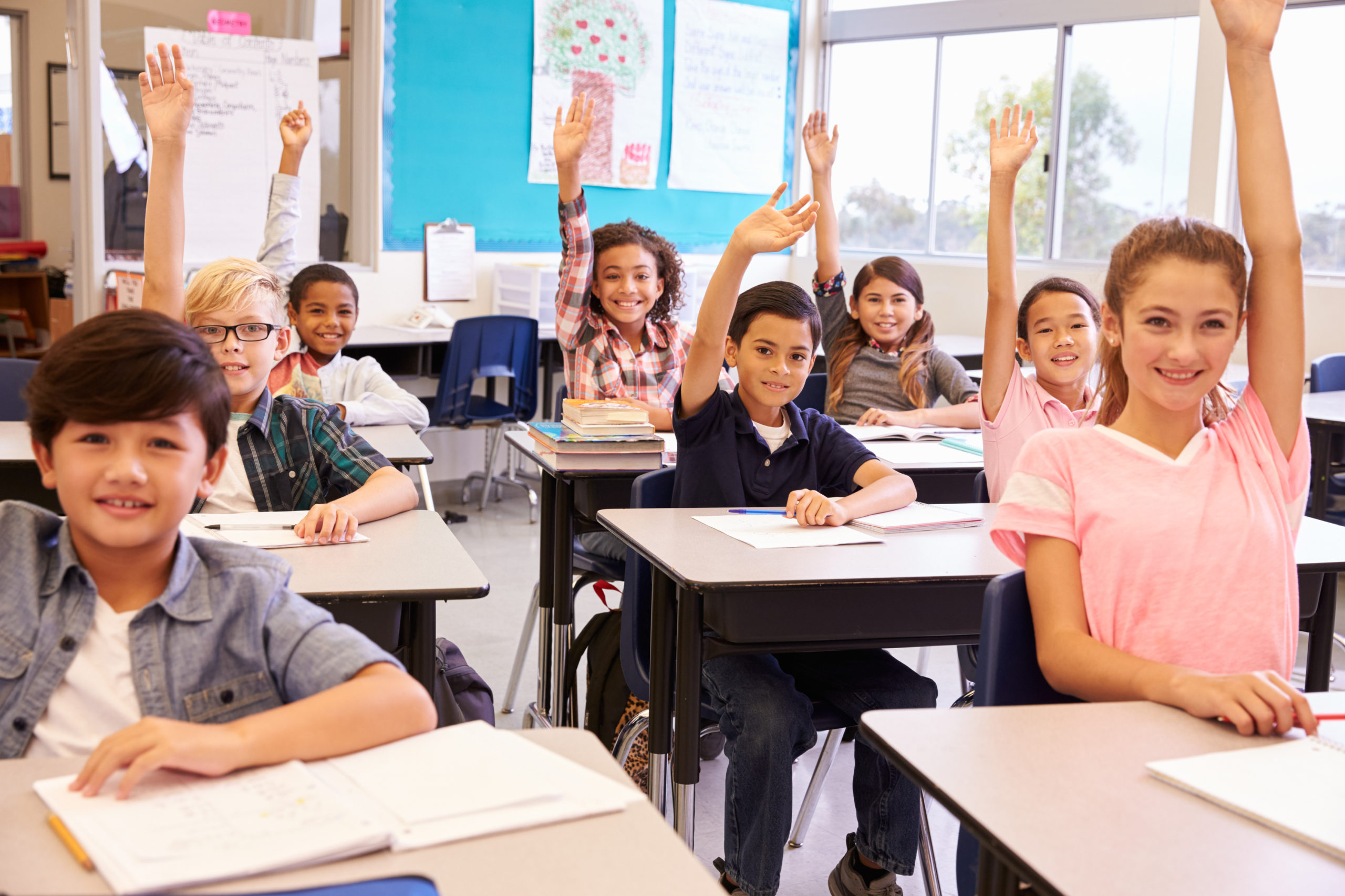Ingenious Solutions to Save Temecula Schools from Budget Plan Cuts
Ingenious Solutions to Save Temecula Schools from Budget Plan Cuts
Blog Article
The Impact of School Environments on Academic Success and Personal Wellness
The school setting significantly affects both scholastic success and individual well-being, encompassing aspects such as physical layout, class ambience, and social characteristics. The style of academic areas, consisting of all-natural illumination and ergonomic furniture, can improve pupils' concentration and comfort. Additionally, the top quality of teacher-student relationships and the nature of peer interactions play critical duties in promoting an atmosphere helpful to learning and psychological assistance. Recognizing how these various aspects interaction to form student results elevates important concerns about optimizing instructional setups for holistic growth. How can institutions tactically boost these facets to much better sustain their trainees?
Physical Design and Layout
Just how does the physical layout and style of an institution effect scholastic success? The arrangement and visual of a school environment can significantly affect pupils' knowing results.
Natural lights and effective ventilation systems are essential in improving cognitive feature and decreasing absence. Studies have actually revealed that classrooms with adequate natural light improve pupil concentration and minimize sensations of sleepiness. Additionally, ergonomic furnishings customized to trainees' requirements can avoid physical pain, enabling extended focus and engagement in scholastic tasks.
Access to outside spaces and visually pleasing surroundings likewise play a vital function - Save Temecula Schools. Eco-friendly spaces and well-kept institution premises provide chances for exercise and mental relaxation, both of which are essential for keeping high levels of academic performance. Basically, an attentively developed physical setting can function as a driver for scholastic quality, cultivating an atmosphere that sustains both training and discovering
Class Ambience
An environment that cultivates a sense of safety and security, inclusivity, and shared regard urges pupils to involve even more actively in their learning procedures. The setting of a classroom, including facets such as lights, noise levels, and seating plans, can dramatically influence pupil concentration and motivation.
In addition, the class atmosphere need to sustain a culture of cooperation and open communication. They are much more most likely to involve deeply with the material and develop crucial believing abilities when students feel comfortable sharing their ideas and asking questions. Peer interactions and group tasks can enhance knowing by supplying diverse viewpoints and fostering team effort
Furthermore, establishing clear expectations and regular regimens can create a structured atmosphere that permits pupils to concentrate on their studies. By decreasing unpredictability and giving a predictable framework, students can much better handle their time and obligations. Eventually, a positive class ambience not just enhances scholastic performance however also contributes to the total well-being of trainees, preparing them for future academic and individual ventures.
Teacher-Student Relationships
Structure on the value of a positive classroom atmosphere, the connections between instructors and students play an essential role in forming scholastic success. A healthy and balanced teacher-student relationship fosters a discovering atmosphere where trainees really feel valued, understood, and sustained, which significantly improves their motivation and engagement. When pupils view their instructors as friendly and compassionate, they are more probable to take part actively in course and look for assistance when needed, adding to a much deeper understanding of the subject.

This trust fund allows pupils to reveal their ideas and problems easily, promoting a collaborative knowing atmosphere. In essence, strong teacher-student connections are a keystone of educational success, playing an essential function in both academic accomplishment and personal advancement.
Peer Interactions
Peer interactions substantially affect academic success by forming a pupil's social and cognitive growth. Within the college environment, peer connections act as a foundational part for finding out and individual development. Favorable peer communications can improve a student's inspiration and interaction in academic tasks via joint discovering and common support. When i was reading this pupils interact in group setups, they exchange concepts, solve issues jointly, and create critical assuming abilities. Such communications cultivate a feeling of belonging and neighborhood, which is crucial for emotional wellness and scholastic determination.

Effective peer communications additionally add to the advancement of essential life skills, such as interaction, participation, and conflict resolution. These social expertises are critical for both academic success and personal health, emphasizing the relevance of cultivating favorable peer characteristics within the school setting.
After-school Activities
Participating in after-school activities plays a crucial duty in a trainee's academic success and personal development. These tasks, varying from sporting activities teams to discuss clubs, use students possibilities to sharpen useful skills such as management, time monitoring, and team effort. Study regularly shows that students that get involved in extracurricular tasks have a tendency to achieve greater scholastic efficiency. This connection is usually credited to the organized atmosphere and the technique called for to balance both scholastic and extracurricular dedications.
Furthermore, extracurricular involvement promotes a sense of belonging and area, which is vital for personal wellness. Taking part in group tasks enables trainees to build and strengthen social networks, boosting their emotional and social knowledge. These interactions are important for establishing interpersonal skills that are valuable in both future and scholastic expert atmospheres.
In addition, extracurricular tasks supply a constructive outlet for students to explore their passions and interests past the conventional curriculum. This exploration can result in the discovery of new talents and potential job paths, even more encouraging try this website students to engage more deeply in their academic job. Finally, the function of extracurricular activities expands beyond plain recreation; they are integral to promoting a holistic educational experience that promotes both academic success and personal growth.
Final Thought
Thoughtfully made physical layouts and classrooms, along with positive teacher-student partnerships and constructive peer interactions, dramatically boost student inspiration and interaction. These elements jointly emphasize the relevance of producing and maintaining optimum school environments for the advantage of students' academic and personal development.
Ultimately, a favorable class atmosphere not only improves scholastic efficiency yet also adds to the total wellness of pupils, preparing them for future educational and personal undertakings.

Report this page